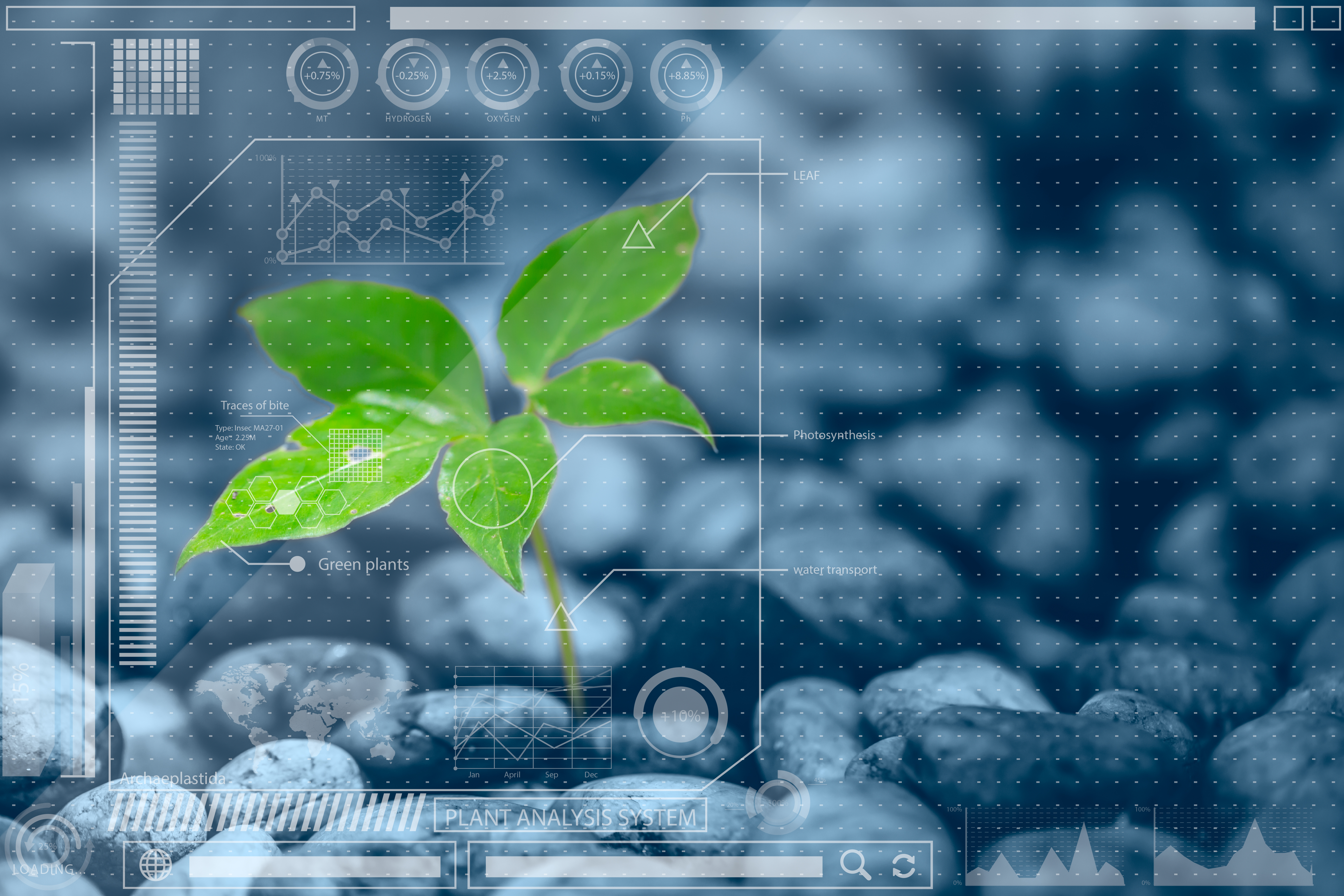| Wednesday, August 29, 2018 |
|---|
| Pipelines in British Columbia: What's Behind the Controversy? |
| Speaker: Andrew Frank, Public Relations & Environmental Protection |
|
Image

Pipeline proposals are a flashpoint of environmental controversy in Canada, and especially British Columbia. While they are partially about the risk of oil spills, they are a symptom of larger unaddressed policy issues, including Canada's international commitments to reducing climate change and respecting Indigenous rights. Can Canada still build pipelines while respecting these commitments, and under what conditions? What role can citizens play in helping to address these controversies? Science World is hosting a related exhibit called GroundTruth: Anatomy of a Pipeline. The photographer, Andy Wright, will also be on hand to answer questions before the talk begins. Bio: Andrew Frank teaches in the Environmental Protection and Public Relations departments at Kwantlen Polytechnic University. His research interests include environmental communication, public deliberation and conflict resolution. In addition to teaching, he writes regular media columns and advises Indigenous nations and conservation groups on communications strategy. He has produced award-winning public interest campaigns, and in 2013 the Gitga’at First Nation named him a “Friend of the Great Bear Rainforest” for his work publicizing Gitga’at opposition to oil tankers in their marine territory. A settler Canadian of mixed Scottish, English and Irish origin, Andrew lives in the unceded territory of the Musqueam and Kwantlen nations. He supports restitution and a government-to-government relationship for Indigenous nations with the Canadian state, and over time, he hopes to contribute to reconciliation. |
| Tuesday, November 27, 2018 |
|---|
| The Unexamined Life Is Not Worth Living: Science, Skepticism and Evidence in the Age of 'Alternative Facts' |
| Speaker: Dr. Jay Hosking, Psychology |
|
Image

Imperfect, imprecise, and often notoriously biased, it is perhaps unsurprising that science has earned a mixed reputation. But science is not a dogma or a set of beliefs. It is simply a method—in fact, the best method we currently have—for discovering truths about our objective reality. We are living an era where pundits and institutions have heinous reasons to obscure truth, to constantly undermine the idea of objectivity with questions like, “How can we ever really know anything?” In this talk I will separate skepticism from cynicism, reaffirm the importance of evidence-based knowledge, and show that the scientific method is an antidote to questionable authority figures and our flawed intuitions. SPEAKER BIO: Jay Hosking received his Honours Bachelor of Science degree in Neuroscience at the University of Toronto, where he graduated with High Distinction. He obtained his PhD at the University of British Columbia, where he began his research focus on the neurobiology of individual differences in decision making. His Postdoctoral Research Fellowship at Harvard University translated and extended this research from rats to humans. He has published with a number of first-class scientific journals, including Neuron, Cerebral Cortex, and PLoS One. Outside of his neuroscience career, Jay is also a published author of fiction; his debut novel, Three Years with the Rat, has been published in three countries, including with Penguin Random House in Canada. When not science-ing or fiction-ing, Jay spends his time making music with synthesizers and running with his dogs. |
| Tuesday, January 29, 2019 |
|---|
| Arts, Science and Nature: In Conversation |
| Speaker: Sylvia Grace Borda, Inaugural Artist in Residence |
|
Image

These are seemingly separate ideas, but each is a great influencer of our time – and no less in today's global anthropogenic world in which collaboration across scientists, artists and public participation are increasingly needed to ensure mutual learning and fact-finding about biodiversity and conservation. In particular, the linkage with the arts has many qualities that can enhance both scientific and public learning, bringing about a necessary balance to inquiry through new forms of dialogue and creativity. For this public talk, Sylvia Grace Borda, will explore these convergences as the first artist-in-residence at Kwantlen Polytechnic University (KPU). In particular, Sylvia will focus on the role of the arts in communicating issues often not achievable through scientific knowledge alone. She will share her experiences across a number of arts-nature directed projects in Canada, Latvia and Finland, including her new work for the Spruce Building at KPU Surrey Campus. These projects highlight how the arts, together with science, can encourage increased public engagement with complex subjects, such as nature conservation. Critically, such engagement can lead to opportunities in achieving sustainable legacies for communities and participants alike. |
| Tuesday, March 12, 2019 |
|---|
| Kids These Days: Media Representation vs Lived Reality |
| Speaker: Katie Warfield, Journalism & Communication Studies |
|
Image

"Selfies are narcissistic! Millennials are the death of civilization! Life in Surrey is gangs and violence!" We've all seen these sorts of headlines in mainstream media but they are reductionist and generalizing but unfortunately they are also incredibly powerful. They affect the way people think about the groups that are labelled and they affect the self-impression these groups have of themselves in everyday life. Is there a way to counter these dominant narratives? Katie Warfield, director of the Visual Media Workshop at Kwantlen will present on the rise of counter-narratives on social media that challenge the way mainstream media write about "others": why these narrative exist, what means exist to challenge these messages, and some case studies on powerful and successful counter narratives. |
| Wednesday, May 29, 2019 |
|---|
| Moths, Monkeys & Missing Links: Ten Myths about Evolution |
| Speaker: Dr. Farhad Dastur, Psychology |
|
Image

160 years ago, Darwin and Wallace presented their theory of natural selection to explain how all of Nature's life forms have adapted to their natural and social environments. Today, there is overwhelming evidence supporting this revolutionary theory from fields like genetics, molecular biology, paleontology, geography, and many more. Surprisingly, many myths and misconceptions about evolution still persist. We will discuss ten of these myths including why the eye is not too complicated to have evolved, and why if humans evolved from monkeys, do monkeys still exist. |
| Wednesday, July 10, 2019 |
|---|
| Optimism in an Era of Climate Change |
| Speaker: Dr. Paul Richard, Environmental Protection & Policy Studies |
|
Image
Climate change is real, and terrifying. We have entered a time when droughts are longer and hotter, storms are stronger, floods are deeper and more frequent. But we need not be paralyzed by fear. We already have the technology necessary to address the problem and alleviate its worse consequences. It's simply a matter of using it, and the first step is awareness. I plan to describe what these technologies are, both the ones that mitigate the impacts (better flood management, for instance) as well as those that address the source of the problem (green energy instead of fossil fuel). I will use examples from around the world, but will use as a home base Hamburg, the German port city that shares many things with Vancouver. Relying on science and a well-balanced mix of market forces and government planning, Hamburg has managed to create very innovative solutions to flood prevention and control, water supply, energy storage and energy savings measures, and community planning. From developments made to withstand flooding at no cost or inconvenience, to apartment buildings that use algae or even human waste as a source of energy, Europe in general and Hamburg in particular has come up with solutions that apply to Vancouver. When I visited, I felt like I had entered the future, one that works – and I'd like to share what I discovered as a way to shake that sense of doom that seems to prevent us from moving ahead. |